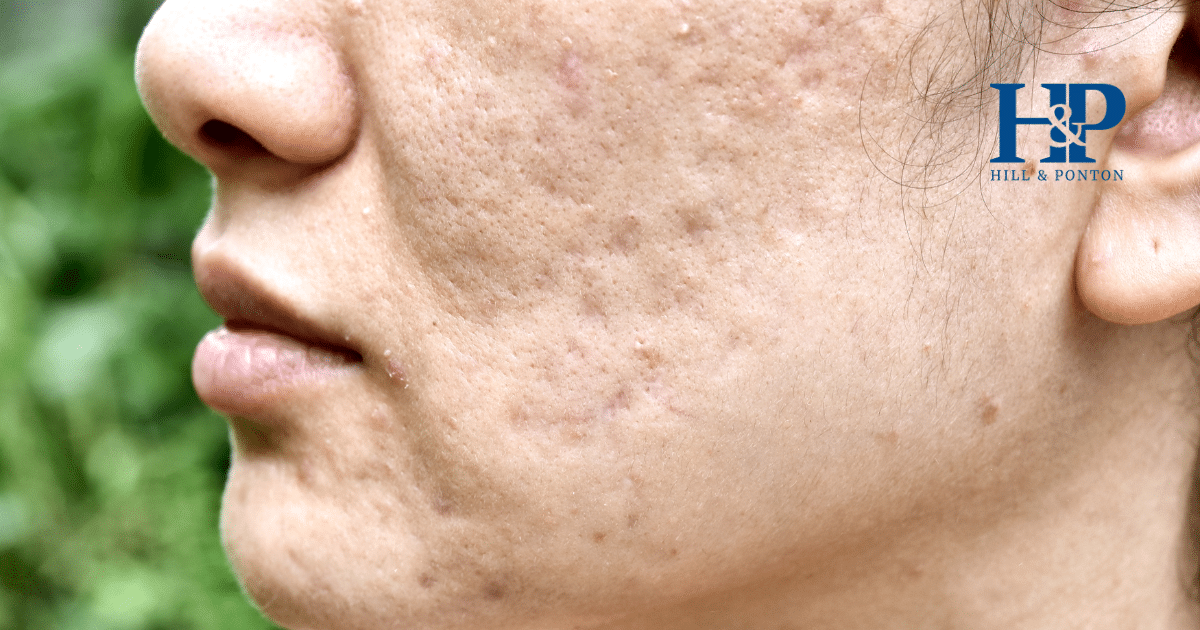For veterans exposed to Agent Orange and other herbicides during the Vietnam War, VA offers presumptive service connection for certain respiratory cancers, including lung cancer. If you served in Vietnam, or another location with documented herbicide use, and have been diagnosed with a respiratory cancer, you may be eligible for service-connected disability compensation.
Presumptive Service Connection for Lung Cancer
Under VA regulation 38 C.F.R. § 3.309(e), certain cancers are considered presumptive conditions for veterans exposed to Agent Orange and other herbicides. This means that if a veteran has qualifying military service and develops a condition like lung cancer, it is presumed to be related to their service without needing to prove direct causation.
The respiratory cancers covered under this regulation include:
- Lung cancer
- Bronchus cancer
- Larynx cancer
- Trachea cancer
Research has shown carcinogenic compounds in herbicides like Agent Orange are linked to long-term respiratory damage and cancer development. If your lung cancer or another respiratory cancer originated in one of these areas of the body, you may qualify for disability benefits. Learn more about presumptive conditions and Agent Orange exposure from our guide.
What does the VA rate Lung Cancer?
The VA rates respiratory cancers (exclusive of skin growths) under Diagnostic Code 6819
100% rating for malignant neoplasms of the respiratory system (exclusive of skin growths).
The rating of 100 percent will continue 6 months after ending surgical, X-ray, antineoplastic chemotherapy or other therapeutic procedures, after which the appropriate disability rating will be determined by mandatory VA examination. The VA may rate on residuals if there has been no local recurrence or metastasis.
Filing for VA Disability Benefits for Agent Orange Lung Cancer
If you have been diagnosed with lung cancer or another respiratory cancer linked to Agent Orange or other herbicide exposure, you can file a claim for VA disability benefits. To increase your chances of approval:
- Submit a current diagnosis of lung cancer or another covered respiratory cancer.
- Provide evidence of service in a location where herbicides were used, such as Vietnam or along the Korean DMZ.
- Gather medical records and opinions to support your claim, especially if your case involves metastatic cancer.
- File VA Form 21-526EZ, the application for disability compensation, and include all relevant documents.
Master the VA Disability Claims Process
Winning a VA Disability Claim for Lung Cancer and Cause of Death due to Agent Orange Exposure
This case involved a veteran who served in the U.S. Air Force from August 1965 to July 1969, primarily stationed at U-Tapao Air Force Base in Thailand during the Vietnam War. In April 2005, the veteran filed a claim for service connection for lung cancer, citing exposure to Agent Orange.
Unfortunately, the veteran passed away in May 2005, and the claim was pursued by his surviving spouse for accrued benefits and Dependency and Indemnity Compensation (DIC). Initially, the VA Regional Office denied both the claim for service connection and the cause of death. However, after two remands and the submission of additional evidence, the case was reviewed by the Board of Veterans’ Appeals.
The Board ultimately ruled in favor of the appellant, granting both service connection for the veteran’s lung cancer and recognition that the cancer was the cause of death. The decision hinged on evidence that the veteran had likely been exposed to Agent Orange during his time at U-Tapao Air Force Base. As a result, the appellant was awarded accrued benefits and DIC.
Key Factors That Contributed to Winning the Claim:
- Herbicide Exposure at U-Tapao Air Base: The Board acknowledged that it was “at least as likely as not” that the veteran was exposed to herbicides like Agent Orange during his service at U-Tapao Air Base. While the veteran’s personnel records did not explicitly document his duties near the base perimeter, the Board accepted the argument that his role as a material facilities specialist likely involved contact with the perimeter where herbicides were used.
- Presumption of Service Connection for Lung Cancer: Since lung cancer is a presumptive condition for veterans exposed to Agent Orange, the veteran’s diagnosis of stage IV lung cancer allowed the Board to apply this presumption, significantly strengthening the claim for service connection.
- Comprehensive Lay Statements: Several lay statements from the veteran’s family provided detailed accounts of his service in Thailand and his subsequent health issues. The Board found these statements credible and persuasive, contributing to the decision to grant service connection.
- Medical Evidence: Medical records from both VA and non-VA providers documented the veteran’s diagnosis of lung cancer and his exposure to environmental factors, including smoking and potential herbicide exposure. Though the veteran’s smoking history was considered a risk factor, the Board found that Agent Orange exposure could not be ruled out as a significant contributing cause of lung cancer.
- Veteran’s Death Certificate: The veteran’s death certificate listed lung cancer as the primary cause of death, with initial versions also referencing Agent Orange exposure as a contributing factor. Although a subsequent revision removed this reference, the overall medical evidence and legal arguments led the Board to conclude that Agent Orange exposure was likely a substantial factor in the veteran’s death.
Get Help With Your VA Disability Claim
This case highlights the importance of thorough documentation and persistence in pursuing VA claims. The combination of detailed lay statements, presumptive service connection for lung cancer, and medical evidence enabled the veteran’s widow to secure both accrued benefits and DIC.
Veterans with documented herbicide exposure and respiratory cancers are entitled to seek benefits. If you or a loved one had a lung cancer claim denied, contact us for a case evaluation.




